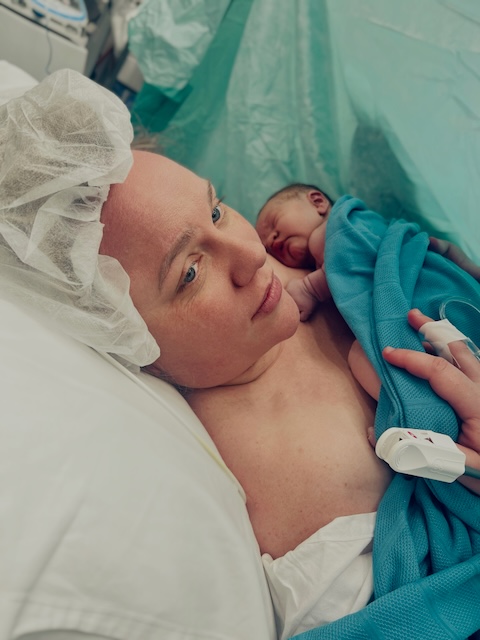Postnatal Depression
If there is one event that’s truly life changing, it’s having a child. There’s excitement, hope, fear… it’s a roller coaster.

If there is one event that’s truly life changing, it’s having a child. There’s excitement, hope, fear… it’s a roller coaster. But we shouldn’t minimise the impact it has on our existing relationships. While this can, and often is the happiest time of your life, it can also be one of the most challenging.
Some new mums (around 50%) develop low, shortly after giving birth. Delivering a baby is a massive physical and emotional thing to do, and almost everyone reasonably expects women to have a little emotional back-and-forth. But this is substantially different from postnatal depression (PND) which can go on for weeks or months after a baby’s birth. PND is a serious illness.
It doesn’t care if you’re rich or poor, or what your religion, education, or family history is. It can develop at any time after the birth of the baby and may show symptoms suddenly, or over a period of time. There’s no predictability or pattern to it: it just happens.
The facts
Post-natal or postpartum depression is one of the most common mood disorders associated with childbirth, affecting up to 15% of mums (or around one in seven to 10 new mums). The definition of PND is a depression that comes on within 12 months of having a baby, usually during the first few weeks or months. It presents itself as a combination of hormonal changes, changes in your mood, and tiredness.
There are, like most mental illnesses, things which may make you more susceptible to experiencing PND.
These include:
• A history of depression
• Having experienced antenatal depression before or during pregnancy
• Relationship issues
• Stress
• Childbirth complications
• An unwell or unsettled baby
• A family history of mental illness.
• Breastfeeding issues or difficulties
• Experiencing negative emotions stemming from any of these kinds of events is a good indicator that you should seek out the advice and counsel from your doctor. Self-care and self-awareness are important so that when these issues rise, they can be approached and dealt with as quickly and properly as possible. But you should also keep in mind that these don’t mean you have PND but will help you better understand the condition. Everyone is different, and everyone will experience PND in their own way.
What to do
Find someone you trust to talk to such as a partner, a friend, family members or a doctor – There are many free services available to help mothers with PND. Thankfully, there are treatments for PND. Tackling the problem early on is going to deliver the best results, so knowing the symptoms and being able to either identify them in yourself, or in someone you care for makes it easier to recover.










